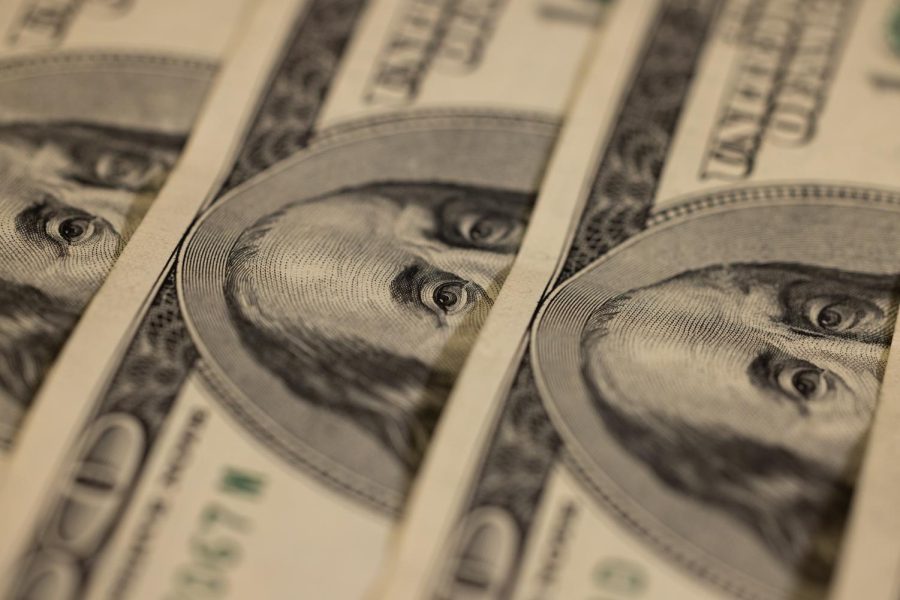Students react to inflation rate
October 10, 2022
Since August 2022, the inflation rate dropped 8.3%, but there is still gloom over the national economy.
Analysts said that there is no doubt that inflation will affect the lives of many, especially college students.
To cool down the market, the Fed decided to tighten monetary policies by raising interest rates. These policies can heavily affect the job market, which is already rigorously competitive, thus raising worry among college students.
College students already have a long list of worries, and inflation and the impact on the job market only add to this. Between rising tuition fees, greater personal expenses and education loans, students are particularly vulnerable. In the last few months, the high inflation rate continued putting more pressure on students’ budgets, from essential expenses like groceries, rent and transportation to tuition costs.
Ranuki Onara Hettiarachchige, a senior biomedical engineering major, said she is worried about keeping her finances stable in the future.
“I think it is quite unfair when prices are increasing constantly while the minimum wage keeps staying the same,” Onara Hettiarachchige said. “I think a majority of students have to work more to afford the basic, essential needs. If the amount of money that I made is the same as the amount of money that I have to spend, nothing is going to be improved.”
While prices for most goods and services increased rapidly over the past few months, some students struggle to meet their demands, said Madelyn Bohrer, a sophomore journalism communications major.
“Some usual items that I buy have increased and now cost one hour of work,” Bohrer said. “Therefore, if I want basic necessities, I have to work one hour for it and have no money for other needs.”
To maintain her basic needs, Bohrer sacrifices time previously devoted to herself and her coursework in hopes of finding financial stability, yet still struggling.
“It is hard to earn money at this age and also maintain an education with prices going on, it forces me to work more and have less time on school, but I have to work as I need the standards of living,” said Bohrer.
For many, the decision to pursue college comes down to a simple formulation: tuition costs and loans versus the potential earning power of the degree. While incoming freshmen can still consider their career path, some upper-class students wish they had studied a degree that has stronger potential earning power instead.
Saki Mizoroki, a junior advertising communications major, said she had the same thought when the economy seems to worsen.
“I used to think about changing my major to business so I can have a higher chance to get a well-paid job after graduation, but I decided to stick to my own choice,” Mizoroki said.
Mirozoki said inflation’s negative effects are undeniable, yet there could be at least one positive outcome. To cope with rising prices and bigger bills, Mirozoki decided to cut off some of her expenses such as bars and dining out while seeking low-cost alternatives, such as homemade dinner or weekend picnics with friends.
“I think it (inflation) has forced me to think about my old habits,” Mirozoki said.
The uncertainty that surrounds how the current economic conditions could change and what could be done to mitigate its effects caused mental and emotional distress for many.
“I feel it is bad for America in specific,” Bohrer said. “Most citizens in America are living paying check to check and if this is the case, then they will never be able to grow or have a break, which could lead to other causes such as depression or abuse.”






